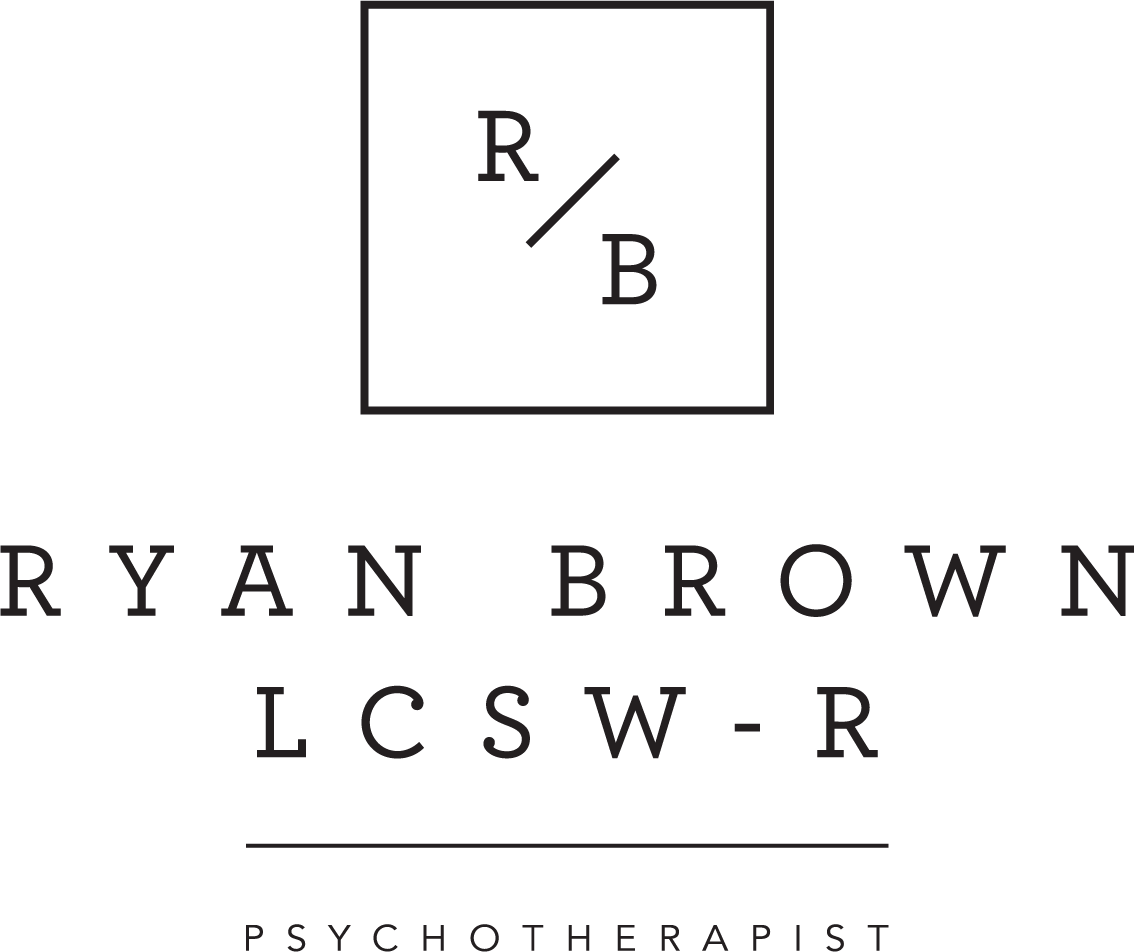
EMDR Therapy for Trauma
What is EMDR Therapy?
Like a dentist who fills your cavity or a surgeon who fixes your injured ankle, EMDR is a type of treatment that helps heal emotional wounds.
EMDR, or Eye Movement Desensitization and Reprocessing, is a type of talk-therapy, unlike most other psychotherapies. It’s a well researched and structured treatment model that involves working with memories, body sensations, core beliefs, and emotions to eliminate the emotional, physical, and cognitive remnants of painful past experiences.
EMDR therapy is based on the notion that unprocessed or inadequately digested memories are stored in the brain and body. It also assumes that our minds can healthily process life events. EMDR works by stimulating the brain in ways that lead it to process unhealed memories.
Healing may look different for different people, but we typically expect to decrease the emotional charge of unpleasant memories and create linkages to positive ones. Adverse experiences that may have triggered you in the past will no longer affect you the way it used to. Difficult experiences will become less upsetting.
Who is it for?
EMDR is used regularly by myriad clinicians to evoke positive affect and profound shifts in core-beliefs and related behaviors, as opposed to merely symptom alleviation. EMDR treats a variety of mental health issues and adverse life experiences.
Studies show that EMDR therapy virtually eliminates or decreases symptoms of many mental health issues. This includes but is not limited to:
Trauma, post-traumatic stress, or PTSD
Addiction
Anxiety, panic, phobias, and obsessive-compulsive disorders
Disturbing memories
Depression
Poor job performance
Sexual dysfunction
Low self-esteem
Stress management
Sexual and physical abuse
Body dysmorphia
Complicated grief



